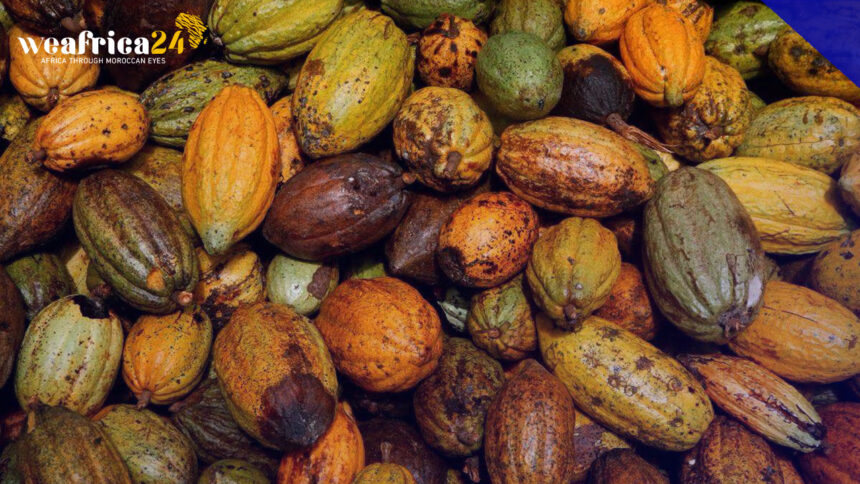Ghana, the world’s second-largest cocoa producer, is facing escalating risks to its cocoa harvest due to illegal miners and smugglers, according to industry officials, farmers, and environmentalists. As Ghana grapples with one of the worst economic crises in its history, marked by a 26.4% inflation rate in November, illegal mining, locally known as “galamsey,” poses a significant challenge to cocoa cultivation—a cornerstone of the national economy alongside gold and oil.
“In the past five years, we have experienced severe destruction in cocoa farms due to the activities of illegal miners,” stated Michael Kwarteng, director responsible for combating illegal mining at the Ghana Cocoa Board (COCOBOD). He emphasized, “This has reached an alarming proportion.”
Amid the economic crisis, an increasing number of cocoa producers are selling their lands to illegal miners. Rita Abena Koranteng, a 45-year-old cocoa farmer in Suhum, eastern Ghana, relinquished two of her plots to her uncle for mining purposes. She explained, “Every month, he pays me $500, and I am happy because I could never make that much money from my cocoa farming. I know some of my fellow cocoa producers in the Western Region and other places have switched to rubber plantations because cocoa doesn’t yield enough for them.”
Despite the government’s decision to increase the price paid to producers by 63% this year, a move intended to dissuade land sales for undeclared mining, the trend persists. Currently, the government purchases a ton of cocoa at $1,822 from producers.
“So far, the lands lost due to illegal mining represent 2% of the total cocoa cultivation area in Ghana. We can no longer afford to let this continue,” expressed Michael Kwarteng. According to COCOBOD, Ghana harvested 1 million tons of cocoa between 2020 and 2021. However, this figure dropped to 750,000 tons for the 2022-2023 harvest, and the forecast for 2023-2024 fluctuates between 650,000 and 700,000 tons due to the impact of illicit activities.
As Ghana grapples with the economic challenges exacerbated by illegal mining, stakeholders are urged to address the issue urgently to safeguard the nation’s vital cocoa sector and ensure the sustainability of this crucial agricultural commodity.







